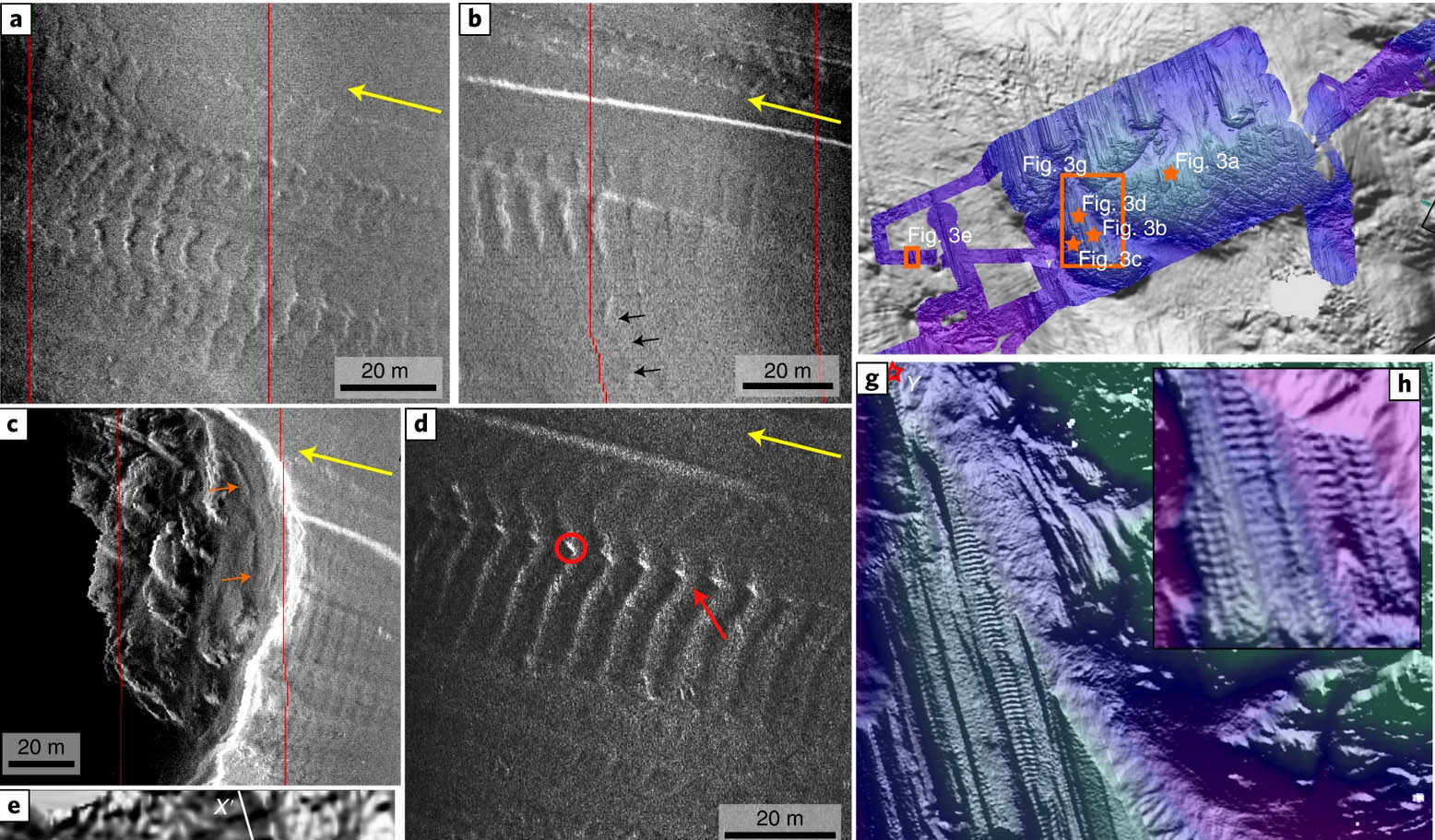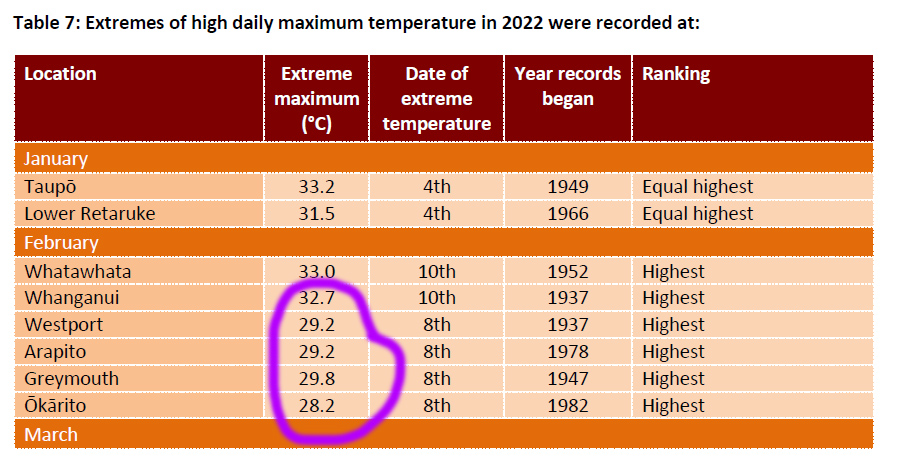
The Divinity Code by Ian Wishart
Prologue
And So It Begins…
Dawkins’ Challenge
“I shall suggest that the existence of God is a scientific hypothesis like any other…even if God’s existence is never proved with certainty one way or the other, available evidence and reasoning may yield an estimate of probability far from 50%.” – Richard Dawkins, The God Delusion
When I wrote my previous book Eve’s Bite, there were some things I left unsaid. Not because I was afraid of saying them but because Eve’s Bite – which deals with social engineering in the West – was not really the forum to explore those issues in.
You see, over the past 24 months there has been an explosion of anti-God books on to the market – Richard Dawkins’ The God Delusion merely being one of the most recent examples. That’s fine, it’s a free world. But informed debate cannot exist if you are not getting all sides of the story.
The truth is, far from Dawkins’ and others’ claims, there’s a growing, gnawing, accelerating suspicion within the scientific community that God may indeed exist and – horrors – be engaging with the natural world.
Yet the other reality is that our modern world is segmented into a range of different religions. If this “God” that science grudgingly concedes exists, then whose “God” is he/she/it?
In The Divinity Code, I am not attempting to blindly convert anyone to Christianity – I figure you are all smart enough to make your own choices in life. But laying my cards on the table, yes, I myself am a Christian. As an investigative journalist I had been trained to be skeptical about all things, and 26 years ago when I began my career I was at the time an atheist, and someone who believed only naturalism and science could explain the world and provide progress.
My journey to skepticism had been helped by books like the 1982 bestseller, The Holy Blood & The Holy Grail, which suggested Christ had never died on the cross but survived, married Mary Magdalene, moved to the south of France, had a couple of kids etc. Those of you who’ve read Dan Brown’s The Da Vinci Code may recognise this plotline and its variations.
I used my position as a journalist to run anti-God stories wherever I could, interviewing skeptical luminaries like Professor Lloyd Geering about the Gospel of Thomas supposedly driving nails into traditional Christian beliefs. I even, in my personal life, briefly teamed up with other atheists to try and “deprogramme” Christians in staged “interventions”.
This, then, is my background.
Despite all that, I eventually became a Christian – initially on pure faith alone because it went against what I perceived to be the credible evidence against it. Later, much later, I discovered that the atheist and skeptical literature I’d read had left out a lot of crucial information – a discovery that shocked me when I came across it. It was the “Inconvenient Truth” for atheism: data and information that didn’t fit the argument and so was deliberately put to one side or dealt with out of context. As a journalist, this jolted me to a realisation. Any argument that cannot withstand robust debate is not a good argument. A reporter should follow the evidence where it leads, not merely where he or she wants it to lead. As an investigative journalist, I knew professionally that the omission of major, inconvenient facts was a sign that I needed to worry about the credibility of the books I was reading, regardless of what I had wanted to believe in them.
Fast-forward to the latest crop of “God” books from Dawkins, Hitchens, Harris, Dennett and the like. They may be bestsellers, but are their arguments simply the triumph of flashy rhetoric over meaningful substance?
I guess the real question is this: are you sufficiently secure in your own belief or lack of belief to read further? How do your current views about life, the universe and everything stack up against evidence, rather than just rhetoric?
The Divinity Code is not a book full of airy-fairy moralising. Instead, I’m applying Richard Dawkins’ dictum that much of religion is testable:
“I shall suggest that the existence of God is a scientific hypothesis like any other…even if God’s existence is never proved with certainty one way or the other, available evidence and reasoning may yield an estimate of probability far from 50%.”
On this much, Dawkins and I agree. Belief one way or the other is not built on 100% proof but on the balance of probabilities.
In taking up Dawkins’ gauntlet, this does not mean that science can 100% prove God’s existence or non-existence. Like all religious believers, I argue that the supernatural is, by definition, outside the reach or control of a branch of human study that restricts itself only to investigating the natural.
Like Dawkins, however, and like advocates of Intelligent Design, I argue that the fingerprints of God – if they exist – can in principle be found embedded in the natural world. Dawkins, of course, believes the evidence to be so non-existent as to almost be zero. This book, on the other hand, presents evidence that I believe makes the existence of God almost certain.
Unlike Dawkins, who has been known to avoid confronting evidence that doesn’t fit his arguments, I have taken the opportunity in The Divinity Code to examine the best evidence I can find from skeptics and deal with it head-on.
While there are a multitude of arguments raging about religion, and it would certainly take about eight books this size to deal with them all, I have chosen what I believe are the strongest challenges mounted by most critics.
By the very nature of the subject, however, we are dealing with issues of religious belief and proof one way or the other. And if Dawkins and Christopher Hitchens can make a spirited attack on religion, I can equally make a spirited attack on unbelief. It is my contention that belief in a higher power is not only rational – it is far more rational than skepticism.
Do I succeed? You be the judge.
2014 ADDENDUM
In the seven years since I wrote this book under its original title (The Divinity Code), I was pleasantly surprised to find that nothing has changed. Nothing, that is, except for even more substantial evidence which I’ve included in a very extended new Epilogue, with an extra 28 pages covering evolution, intelligent design, the latest findings of Cosmology, and a new revelation on the origins of Buddhism and its impact on religion in the coming decades.







So, your “evidence” relates to cosmology and intelligent design? You do realize that the former is actual science and requires no magical beings, and the latter is not science and amounts to nothing more than an argument from ignorance logical fallacy, yes? I mean, any journalist should be able to spot logical fallacies. It’s how you decide whether someone’s explanation is good enough to investigate further. Perhaps you should investigate science further before trying to overturn the entire field of biology, which is exactly what you’d be doing if intelligent design were true. Also, ask yourself one question: is it a coincidence that intelligent design only comes up among religious fundamentalists and the scientifically ignorant?
God is not the end-product of the meanderings of some dick head – if he was then he wouldn’t exist – believers acquire knowledge through belief which is evidence inaccessible via endless ruminations !